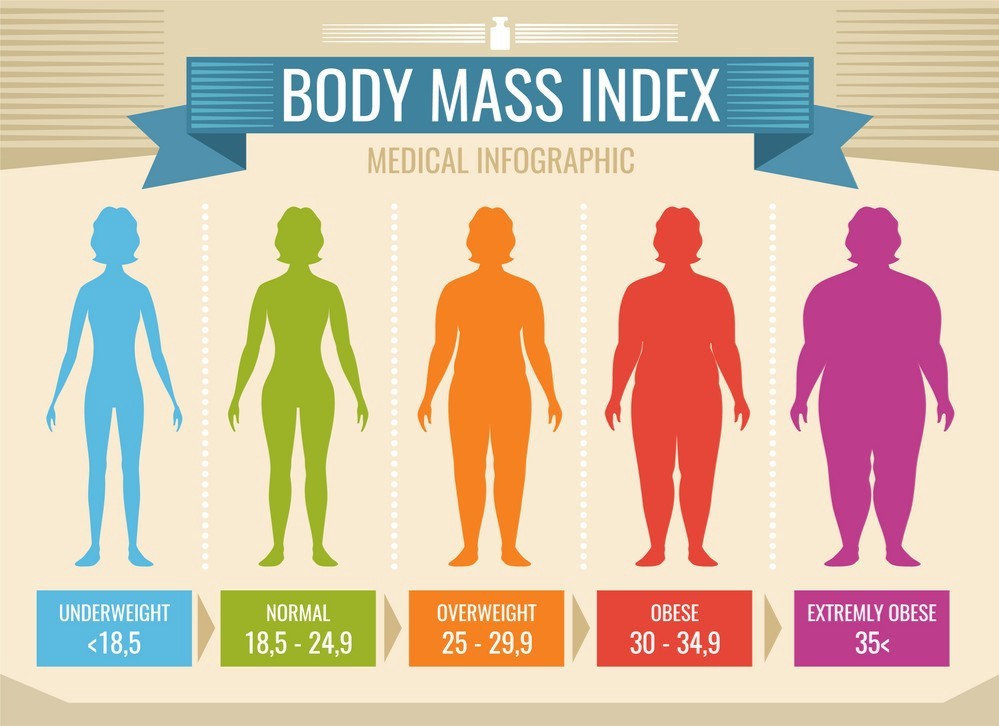Who should not get liposuction? Is liposuction dangerous?
Table of Contents
ToggleDon’t go for liposuction if you have these conditions:
Many of us will find ourselves on the front lines of the “war of the bulge” at some point in our lives. Whether you have stubborn abdominal fat that won’t budge with diet and exercise, or you have a double chin that makes you appear heavier than the scale indicates, Liposuction Surgery may be an effective option. Liposuction can change your physique and confidence by removing persistent pockets of fat on areas such as the belly, thighs, flanks, and arms. However, having a desire for this procedure and the financial resources are only two of the requirements for scheduling Liposuction.
Many other factors will be considered by your surgeon when assessing if you are a good candidate for surgery. These include your skin’s condition and quality, the amount of visceral fat you may have, current medications, diet/exercise routine, and expectations. Here are reasons why your plastic surgeon may refuse you Liposuction Surgery.
In this article we will discuss:
- Your physical exams
- Smoking
- Out of range BMI
- Unreal expectations
- Low skin quality or cellulite
- Final words
- FAQ
Your physical exams:
To clear you for surgery, every qualified surgeon will require the findings of a pre-op exam or physical. He or she will use these findings to determine whether a procedure, such as Liposuction, is safe for you to undergo depending on your present health.
Many surgeons use the American Society of Anesthesiologists grading system to decide whether or not a patient is fit for surgery, and some only operate on CLASS I, II patients.
CLASS I – Someone who, based on their physical exam results, is fully healthy.
CLASS II – A person with mild systemic difficulties who may be an excellent candidate for surgery. As an example, consider a patient who has high blood pressure that is managed with medication.
Patients who have poorly controlled diabetes, have previously experienced chest pain with activity, or are on blood-thinning drugs fall outside of the first two categories. All of these factors increase your chances of having issues with Liposuction, or nearly any procedure.
Additionally, recent surgery in an area, particularly open abdominal surgery, may necessitate additional testing prior to Liposuction. The development of a hernia or bulge over time can be a consequence of open abdominal surgery. Because of the greater likelihood of entering the abdominal cavity during your treatment, the presence of a hernia can make Liposuction dangerous. Prior to surgery, your surgeon will inspect you for hernias and may require additional imaging.
Smoking
If you smoke, you may be ineligible for surgery. It makes no difference if you smoke a pack a day, prefer vaping, or use marijuana recreationally. Any of these will put you in a greater risk category for liposuction, according to your surgeon. Why? Cigarette smoking has a negative impact on your vascular system.
When circulation is affected, so is blood clotting and healing. As a result, smokers may be more susceptible to infection, poor healing, skin loss, blood clot formation (Deep Vein Thrombosis (DVT)), and anesthetic difficulties. If you intend to get Lipo Surgery, you must stop smoking well in advance.
Out of range BMI
Although your BMI Score does not distinguish between muscle and fat, many surgeons still use it to classify a patient’s weight. A plastic surgeon will often limit Liposuction Surgery to patients with a BMI of 30-35. Candidates for liposuction should be in good health and have a BMI of less than 30. Patients with BMIs of 35 and higher are considerably riskier to treat since there may be too much fat in a region to safely remove. Furthermore, because a person with a higher BMI has more fat, Liposuction is more likely to result in extra skin that does not shrink with fat removal.
Liposuction should not be considered a weight loss procedure. Weight fluctuations after surgery can result in fat regaining in locations where Liposuction has already been performed. Contrary to popular belief, Lipo does not increase the likelihood of gaining fat in other regions; fat can always be regained in an area that has previously been treated with Liposuction.
A person who is too thin, on the other hand, may be told “no” by their surgeon when it comes to scheduling Liposuction Surgery. If your surgeon can pinch the region to be treated and it is less than two to three millimeters in length, you are more likely to experience issues such as indentations during Liposuction.

Unreal expectations
Body shaping with Liposuction and weight loss are not the same thing. Liposuction cannot treat a bulky midsection caused by visceral fat, or fat around your internal organs. Only losing weight will do. There are particular standards for how much fat your surgeon can safely remove during a single Lipo procedure. When your surgeon removes fat, he or she also removes the surrounding blood, electrolytes, and fluids. This sudden loss might cause a drop in blood pressure and even shock. The greater the amount of fat removed, the greater the risk. As a result, most surgeons typically limit “high volume” liposuction procedures to 5,000ccs, or 5 liters of fat. This restriction will differ from state to state and country to country.
If you expect your surgeon to treat every area of your body with Liposuction in a single procedure, be prepared to hear “no.” Their primary emphasis will always be your safety, and numerous sessions/surgeries may be recommended to get the desired result.
Low skin quality or cellulite

Most often in patients with poor skin quality, Liposuction needs to be combined with a skin excision procedure in order to obtain good results, such as abdominoplasty (tummy tuck) or brachioplasty (arm lift). You and your surgeon should have a discussion regarding the trade-off between doing Liposuction alone and accepting a less than perfect result in order to avoid larger scars.
Liposuction is frequently paired with a skin excision treatment, such as abdominoplasty (tummy tuck) or brachioplasty, to provide effective outcomes in patients with poor skin quality (arm lift). You and your surgeon should examine the trade-off between doing Liposuction alone and accepting a less-than-ideal result to avoid larger scars.
Final words Who should not get liposuction?
People frequently think of liposuction as a quick and painless treatment, but it should not be taken lightly. Lipo is not without hazards, particularly for persons with specific health concerns.
Diet and exercise are the most effective ways to lose weight. Liposuction is a procedure used to remove stubborn fat from places such as the belly, upper arms, and thighs. In this section, we will go over the criteria and risk considerations to consider while deciding whether or not to have liposuction. Before you get lipo, your doctor will determine whether you are a good candidate based on criteria such as your weight, skin quality, and overall health.
People who are pregnant, have serious heart issues, or have blood-clotting disorders should avoid liposuction because they may be at risk for significant, life-threatening complications such as excessive blood loss. Your doctor at Mediranco will thoroughly examine your condition to prevent any possible complications.

